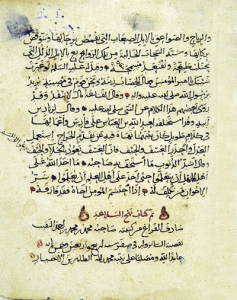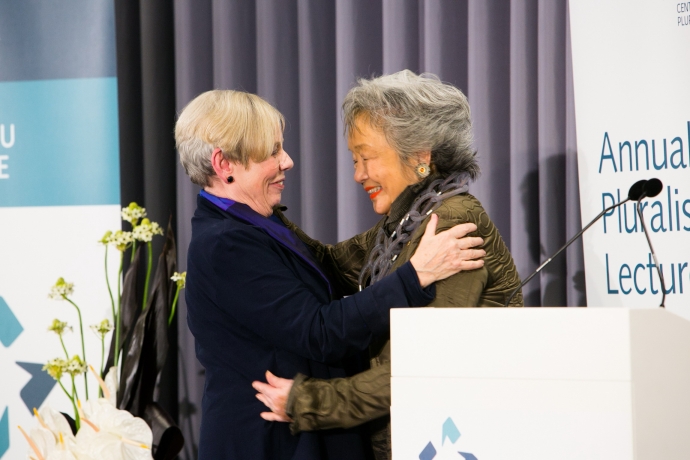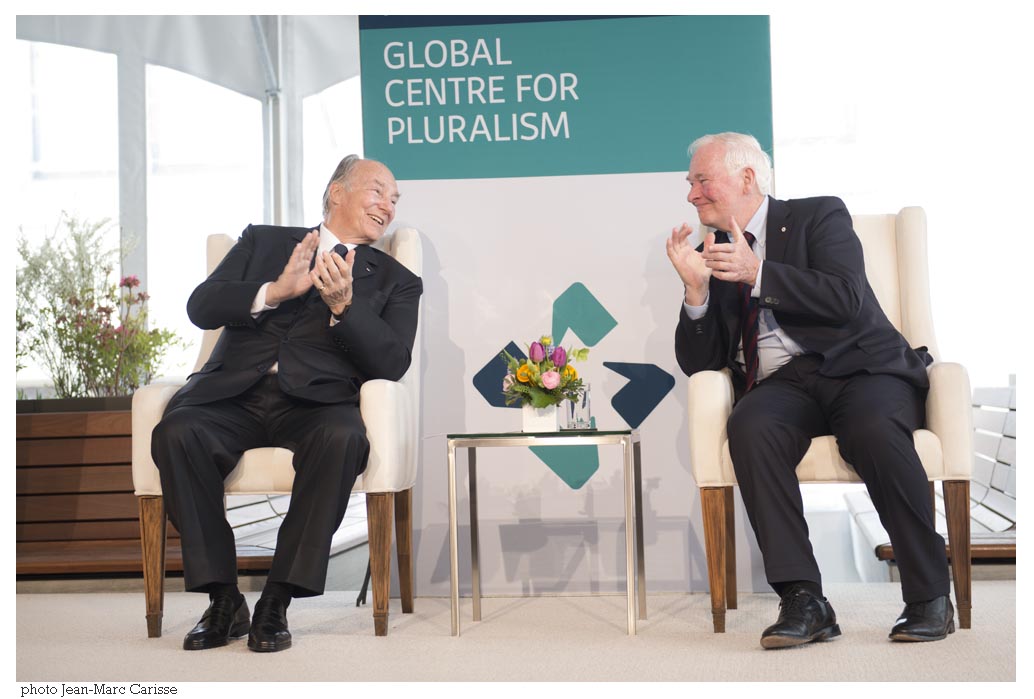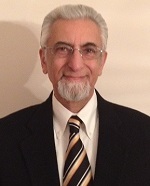By NIZAR A MOTANI, Ph.D
This pandemic has brought the world humbling and tumbling to its knees, which is actually the best position from which to beg for the Supreme Being’s forgiveness, mercy, and blessings. Its economies have been battered and shattered and almost all of the world’s citizens have been imprisoned in their dwellings. He alone will eventually empower our scientists and secular and sacred leaders to find effective vaccines to successfully overcome this calamity.
Guidance from a seventh century ruler to his regional governors entrusted with administering a new and rapidly expanding empire has timeless relevance to our pandemic times. Hazrat Ali was the first hereditary Shia Muslim Imam, as well as the fourth caliph of all Muslims, after the death of the Prophet Muhammad (S.A.S.), in 632 A.C. His letter enumerated a host of principles of good governance. He urged his subordinates to rule with intelligence and wisdom; justice, truth, and forgiveness; compassion and forbearance; humility and patience in calamity; consultation and wise counsel; piety and prayers; and above all to seek Divine Guidance. These are lessons which still apply today. [1]
article continues after photo

Remarkably, during the Prophet Muhammad’s time (570-632 A.C.), he had strongly recommended territorial quarantine and stricter personal hygiene, such as frequent hand washing during contagion. Later Muslim scientists and doctors had done the same, and Europe subsequently learned this practice from them. [2]
Turning to the current pandemic, this silent, inscrutable, and insidious enemy with unhindered Global Entry has awakened and heightened the need for prayers and some critical aspects of pluralism, which include public-private partnerships at all levels, to address the current dire situation engulfing almost every country.
Prayers have shown effectiveness since biblical times, and pluralism is inherent, in various forms, in all religious teachings. Some countries even have pluralism embodied in their constitutions, but sadly it often gets ignored.
article continues after photo

Karen Armstrong, the renowned historian and scholar of religions, has described the Qur’an as the most pluralistic scriptural book, which teaches not just tolerance of diversity, but beyond this a universal brotherhood, empathy, and an inclusive approach that harnesses the intelligence of all in society (annual pluralism lecture at the new Aga Khan Centre, London, 2018). Pluralism entails inclusion of all of God’s children who inhabit our shared planet, as an integral part of the community. Hardly any country is totally homogenous – most are quite heterogeneous with racially, ethnically, and religiously diverse minorities. Accommodating such diversity is best addressed through dialogue, mutual respect, research, and collaboration to promote a better understanding of differences as strengths.
The idea of defining, promoting and giving pluralism an international platform emerged, significantly, after another calamity, namely the 9/11 terrorist attacks on America, that shook the world and drastically changed lives and livelihoods. In January 2002, the then Canadian prime minister Jean Chretien and the Aga Khan, the 49th hereditary Imam of the Ismaili Muslims, discussed the desirability of jointly creating a formal body to study, explain, and promote pluralistic values across the world and to prevent escalations of conflicts between the West and the Muslim countries. A decade later the Global Centre for Pluralism was formally established in Ottawa, Canada.
article continues after photo

Pluralism, essential in ordinary times to promote mutual understanding, respect, and acceptance of differences, is even more critical in extraordinary times, such as the present, where widespread panic has driven many to act without regard for the wellbeing of others.
Equally alarming, Asian Americans have collectively been demonized and blamed for the virus. Fortunately, there have also been numerous wonderful and inspiring examples of collaboration, innovation, ingenuity, generosity, and volunteering to help those on the frontlines and those thrust onto food line.
However, let us not forget the other endemic and mutating virus of scammers and fraudsters preying on the most desperate of our fellow countrymen. We need more vigilance, prayers, partnerships and pluralism to combat both of these common enemies. Until God’s mercy results in effective vaccines, the best interim vaccines are the three Ps and gratitude.
Coincidentally, during this month of Ramadan, some fundamental practices of Islam are more evident now than at other times: fasting, prayer, and charity towards all — especially the weak, the sick, the poor, orphans, widows, and other most disadvantaged members of society. This constitutes the social conscience of Islam.
It is this Atlanta-based writer’s hope that Muslims and non-Muslims alike will share their relief/stimulus checks, if possible, with those in greater need. Unfortunately, their numbers are exploding, and they largely depend on such charities as the Atlanta Community Food Bank, Atlanta Union Mission, Salvation Army, and Red Cross among many others. Atlanta-based CARE is internationally active, as is the Aga Khan Foundation USA, which is a part of the Aga Khan Development Network (AKDN) – the world’s largest, most cost-effective, private, multifaceted network with hundreds of partners including the US Government.
May God Bless America and our interconnected planet.
Date posted: May 19, 2020.
Last updated: May 20, 2020 (Revisions by author)
Before departing this website please take a moment to review Simerg’s Table of Contents for links to hundreds of thought provoking pieces on a vast array of subjects including faith and culture, history and philosophy, and arts and letters to name a few.
___________________
Notes:
[1] Nahjul Balagha, Peak of Eloquence; Sermons, Letters, and Sayings of Imam Ali ibn Abu Talib, Elmhurst NY, 1981.
[2] Article by Yahia Hatim, Moroccan Times, April 4th, 2020. See also March 17, 2020 Newsweek article by Craig Considine.
____________________

The writer, who was born in Uganda, has a doctorate from the University of London, U.K. in African History. He has taught at Bowdoin College (Maine) and Western Michigan University. Later he worked at the Institute of Ismaili Studies in the U.K. A lifetime member of the Global South Studies Association and a longtime resident of Atlanta, he is a volunteer and donor for AKDN.
________________
Author’s recommendation: For a superb explanation of pluralism in the Qur’an, see Rahim Snow’s highly acclaimed book “Remember Who You Are: 28 Spiritual Verses from the Holy Quran to Help You Discover Your True Identity, Purpose, and Nourishment in God,” published by Remembrance Studio, 2017, Pp. 213. Please visit his website by clicking Rahim Snow .
We welcome feedback/letters from our readers. Please use the feedback box which appears below. If you don’t see the box please click Leave a comment. Your comment may be edited for length and brevity, and is subject to moderation. We are unable to acknowledge unpublished letters.


Your message is to the point literally. Bravo well said. Hopefully the global pandemic will bring about a better awareness of empathy kindness compassion and mindful thinking going forward.
Thanks for sharing. 🤗
Thank you Nizar, for a well structured, reflective judicious stimuli that addresses the perennial need to coalesce disparaging dissensions and divisions in societies.
The cornerstone of the universal notion of Divine Mercy (Rahma) is the binding tie for a cohesive and tolerant outcome; for the lamps of tradition are varied and man-made, but the light transmitted by them remains one and the same.
Salim Rahim,
London
Thank you Nizar Bhai for your thought provoking article. I really enjoyed reading it. Shame on those who prey on the less fortunate We all need to adapt the notion of pluralism for the world to be a better place You have shared good knowledge through your piece and sharing knowledge is in the ethic of our faith. We are indeed blessed as a Jamat. May your soul always be blessed.
Mr. Motani’s article is a very valuable piece, which highlights PLURALISM & PARTNERSHIPS– desperately needed by the world in modern times when many so called leaders seek power and influence by dividing people.
Highly efficient and effective institutions like the AKDN under the superbly able Leadership of His Highness the Aga Khan who is the 49th Imam ( spiritual leader) of the Ismailis- basically continuing in succession of holding the Divine Office of REHMATUL -IL- ALAMEEN ( Mercy & Blessings for the Worlds) meaning not only for all humanity and other creatures on this world but all the worlds in existence.
So IF humans on this world desire real peace and better life then we all humans may join in the work and efforts of the AKDN.
Thank you Dr Motani for this thoughtful and educational writing. I believe this will be enjoyed by a multigenerational audience. Eid Mubarak.